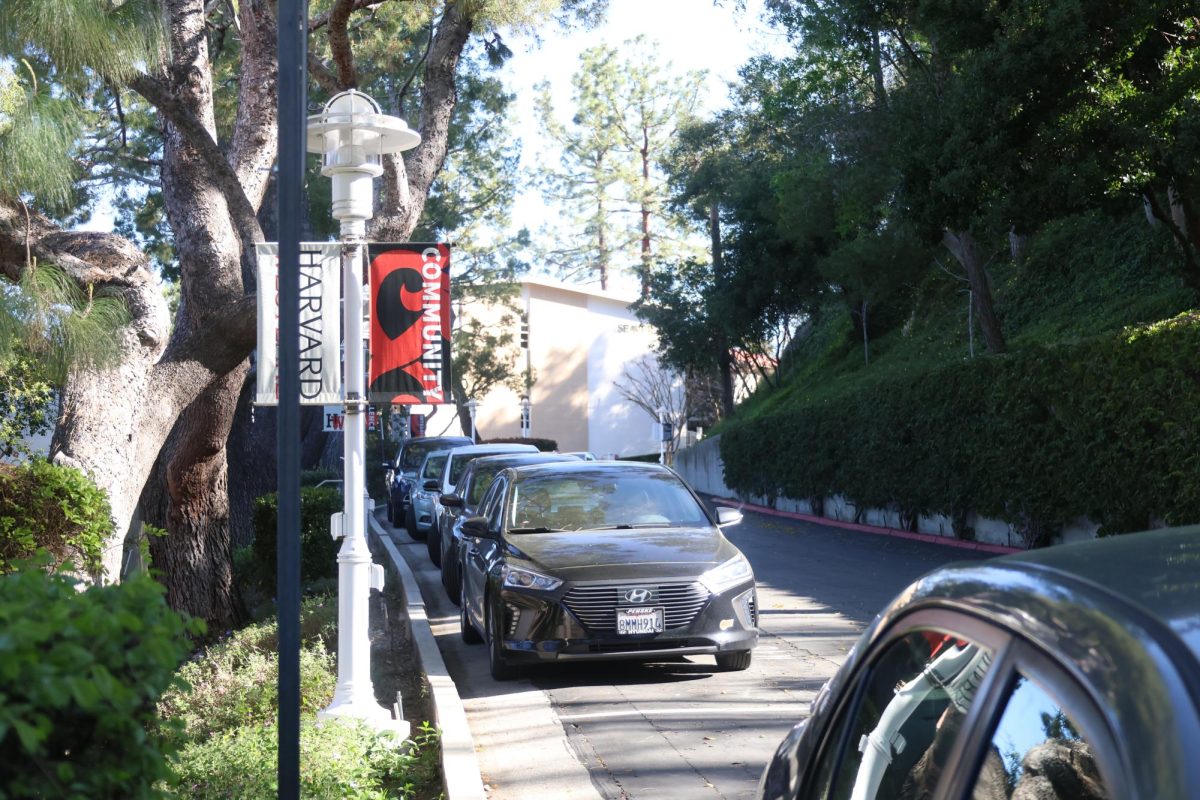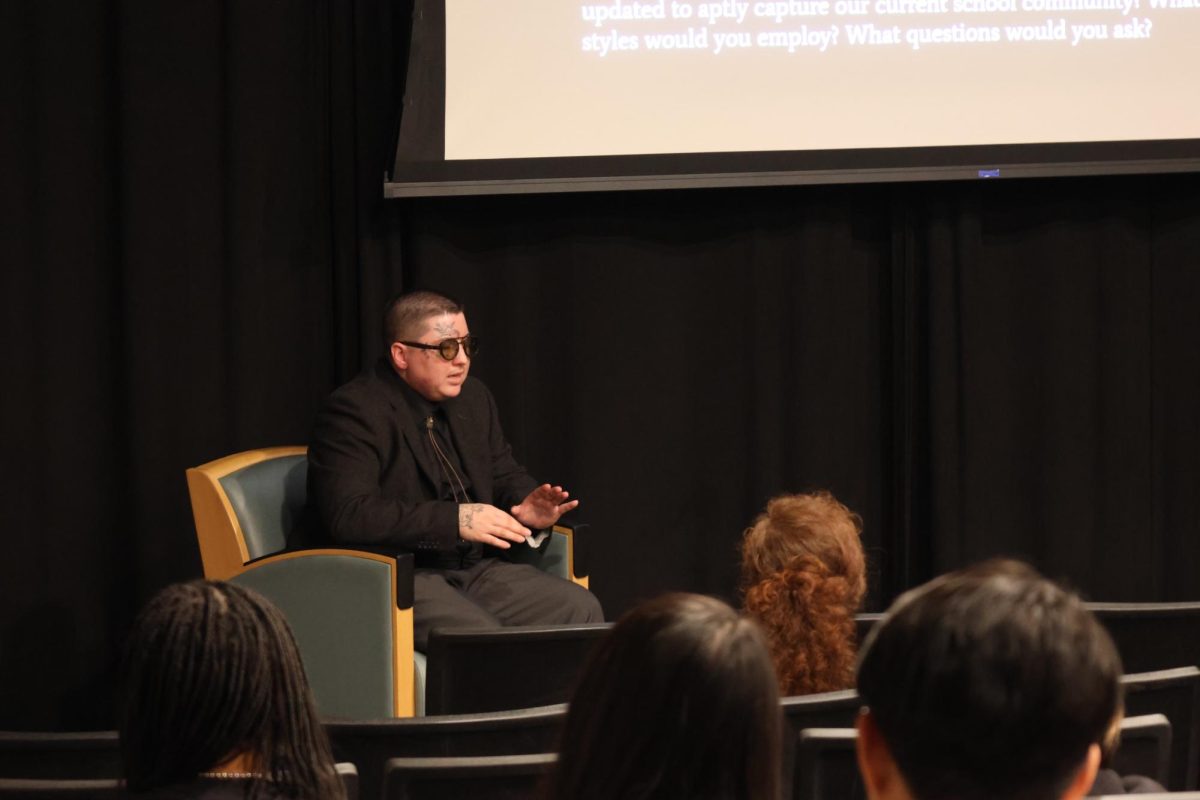Administrators drafted an altered wording of the school’s Dress Code, which acknowledges gender identity and issues with its enforcement, as a result of complaints from both upper and middle school students. The revised Dress Code was sent to affinity groups via email May 23 and will be printed in the 2017-18 Student Handbook.
Conversations about the language of the Dress Code began at the upper School following an email sent to students by Interim Head of Upper School Liz Resnick on Sept. 27.
La Femme leaders requested a Town Hall meeting to address concerns with Resnick, but no official changes were made. The push for a change in wording was initiated by eighth grade student council members, Upper School Deans Department Head Beth Slattery said.
“The middle school deans were approached by an eighth grade senator about ‘modernizing the dress code,’” Slattery said. “Her claim was that students felt ‘shamed’ and ‘violated’ when they were dress coded and that the current code relies heavily on the concept of shame and that it should be more about respect for the school community and less about how students dress makes others feel, particularly if a male feels uncomfortable about the way a female student is dressed.”
Slattery said she was pleased that changes were student-generated. Despite the fact that gender identity was not mentioned in September discussions, she said she was glad to see language that is in accordance with the school’s inclusivity agenda.
Gender-Sexuality Awareness Club adviser Nate Cardin said the language and enforcement of the Dress Code has been a prominent topic of discussion in GSA meetings over the past year and that many members of GSA would like to see futher acknowledgment of gender identity in the Student Handbook.
“I was really pleased to see that the dress code explicitly states that you can dress in accordance with whichever gender you identify with,” Cardin said. “I think that, recently, the school has just kind of assumed that, but it’s really nice for our students and faculty who may not strictly identify with one gender or another, or with their biological assignment, to have that affirmation.”




























